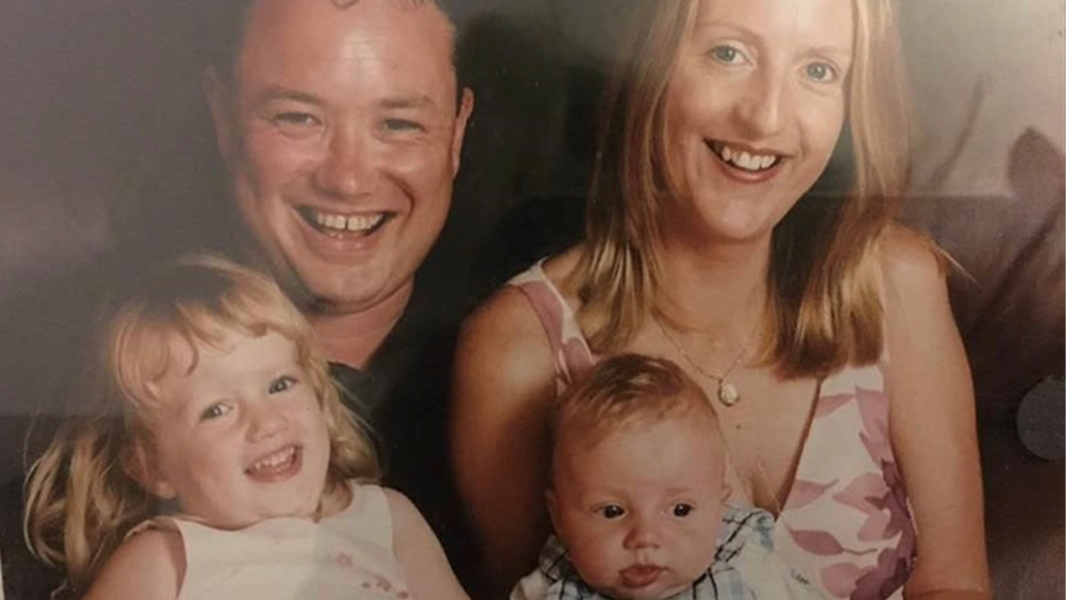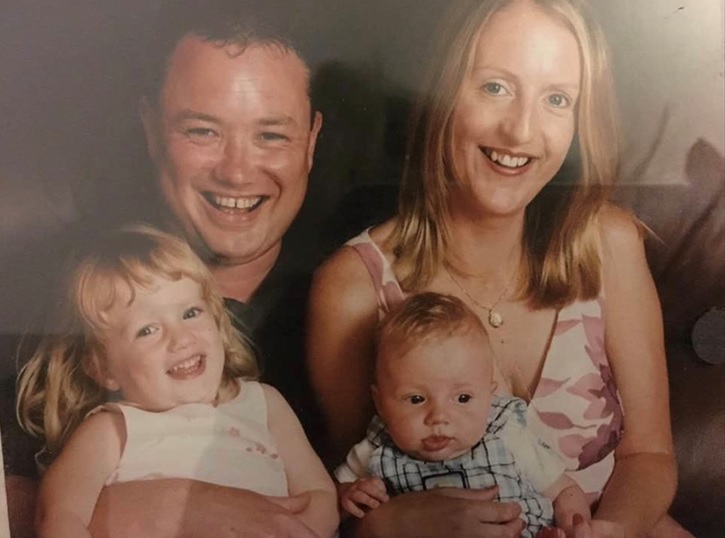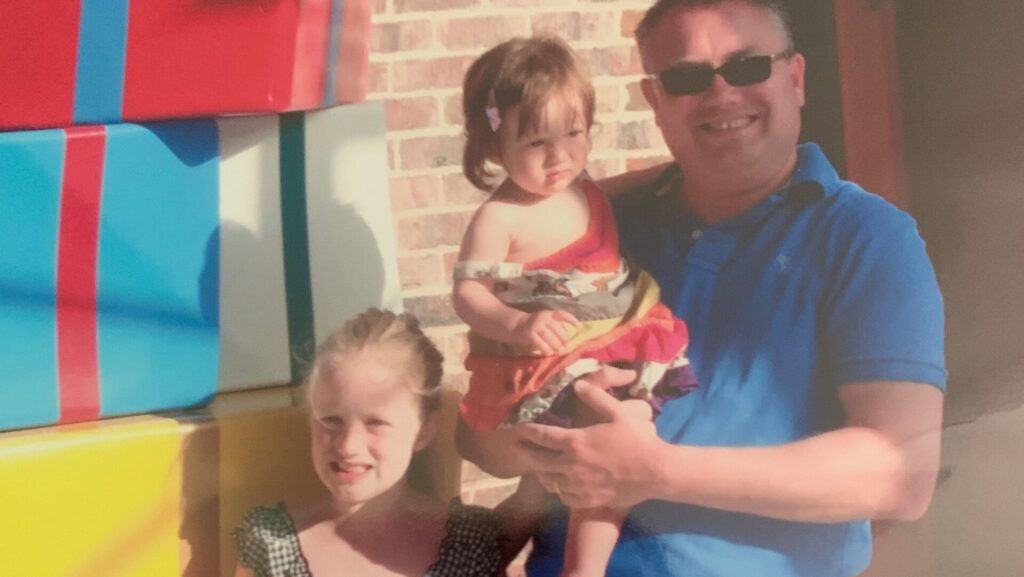

The idea of a calm life was not even a possibility for my family
I have a lot of issue with the way people use the word ‘alcoholic’ so vaguely. Throughout my teenage years I constantly heard friends calling each other an alcoholic as a joke. Now, I understand their lack of awareness and do not blame them for this lack of awareness but for me the term alcoholic damaged my life and when this word is used so vaguely I feel it undermines what myself and millions of others have gone through.
My early childhood overall was what any little girl could dream of. A mum and dad happily married, two younger siblings, abroad holidays and toys. It all slowly began to change but I remember the real turning point was when I was 14 years old and my mum shared with me that my father was an alcoholic.
It did not make sense to me how my dad could be an alcoholic. A man who in theory had everything – a family, a good job, friends. But unfortunately alcoholism can impact anyone. For me, I dealt with this news in a way in which in retrospect was not the best. I didn’t talk. No one at school knew what I was going through, not my friends or my teachers. In fact many people I know that may be reading this will be finding out for the first time that my dad was an alcoholic. I did not want my friends round due to the fear of what state we would find my dad in.
Visits from the police and ambulance
Slowly my dad’s actions worsened. He became angry and carried on drinking more and more. Bottles of vodka daily were being drunk – sometimes hidden by mixing with orange juice or sometimes just straight from the bottle. Visits from the police and ambulance services became a weekly occurrence to the point it felt normal.
The idea of a calm life was not even a possibility for my family. Eventually my father was forced out of our home due to my mum having to put myself, brother and sister first. He moved to Blackpool. In the time he moved to Blackpool in January 2017, we saw him once.
I remember dropping him back to the station when he came to visit full of disappointment because he could not stop drinking for us. I never saw him again after that. There were frequent phone calls and texts; sometimes abusive, sometimes filled with love and reflecting the father I once knew but many were filled with lies, being told that he was not drinking. Most of me never believed him but there was always a glimmer of hope.

I can’t help but feel a sense of betrayal
On the 1st of June 2019 I remember my mum having a phone call from my dad’s sister. Instantly my stomach dropped. Thoughts running through my head – she never rang us, upon reflection I actually cannot remember a time she rang us besides from then. I sat outside my mum’s bedroom door whilst she was on the phone I had an urge to ring my dad but I knew I couldn’t, I knew he was dead. My dad had died from alcoholic hepatitis. My mum confirmed the news and we then had to tell my sister. My 11 year old sister was about to find out her daddy had died – a man that she looked up to. I wouldn’t wish having to do that on my worst enemy.
We waited to tell my brother as he was watching an Arsenal game, we wanted him to have a last couple of hours of normality. The feelings I have towards my dad are mixed, I have anger, upset, some days I can’t stop thinking about him and others I feel guilty that I have neglected to think about him. I love my dad dearly but I can’t help but feel a sense of betrayal from him almost as though alcohol was more important than me.
Talk to someone you trust
Although I know it is not true I can’t help but constantly battle daily thoughts of not being enough. I can see the impact of this feeling on my relationships since. He should have been the one to protect me – a parent should look after a child not the other way around.
Whilst writing this 2 years and 4 months have been since my dad passed and I asked myself why am I writing this? I think that is easy to answer. I would encourage anyone who is in the position I was to talk whether that is to a friend, teacher, adult they trust or counsellor. I also want other children of alcoholics to know you are not to blame and the way they are is not a reflection of you but them. You can try to support them and offer help but if they refuse to accept it that is not to do with you.
Abbie
Find information advice and support here.

























































































